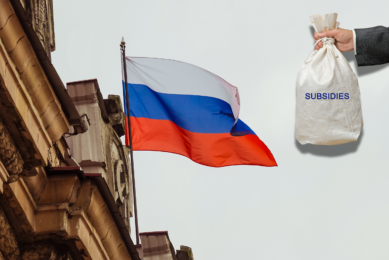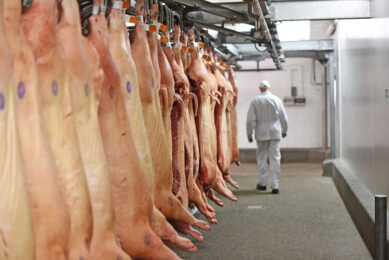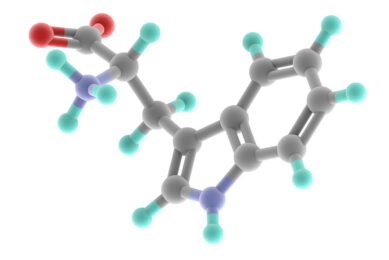Construction of amino acid plant in Russia to resume after long-delays

Moscow-based energy company Russian Hydrogen has pledged to resume construction of Donbiotech, a lysine complex in the Rostov region in the Russian south.
Donbiotech, the construction of which started in 2010, was built by a local entrepreneur, Vadim Varshavsky, in partnership with Evonik. The plant was designed to process 250,000 tonnes of grain to manufacture feed lysine, gluten and compound feed.
The project, funded through a $160 million loan provided by the Russian state agricultural bank Rosselhozbank, was initially slated to become operational in 2014. However, the commissioning was repeatedly delayed until the construction was halted in 2018.
Construction to begin Oct 2023
Russian Hydrogen intends to invest an additional 20 billion roubles ($210 million) into Donbiotech. Under an agreement signed with the regional government, the construction is scheduled to begin in October 2023 and to be completed in 3 stages by 2026. Russian Hydrogen confirmed that under the third stage, the plant should manufacture lysine sulphate but did not provide additional details.
Under the original plan, Donbiotech was designed to manufacture 85,000 tonnes of feed lysine per year.
Viktor Goncharov, first deputy governor of the Rostov region, emphasised the importance of the project. He stated: “The implementation of this project is essential for the social and economic development of the region because it will be a large enterprise for deep processing of grain not only on a national scale.”
The Rostov government estimated that Donbiotech was completed by 80%, with 85% of equipment already being delivered at the plant.
Too much lysine
While Russian dependence on feed additives import is estimated to be close to 90%, the picture is different when it comes to lysine.
Premix plant number 1 in the Belgorod region manufactures around 80,000 tonnes of feed lysine per year, meeting more than half of the demand in the Russian market. In addition, 30,000 tonnes of feed lysine is manufactured by Siberian company Aminosib.
Oleg Radin, chairman of the Russian grain deep processing association Soyuzkrakhmal, warned that a launch of new production capacities could trigger an oversupply in the Russian lysine market. He estimated that the domestic demand was close to 150,000 tons per year, but all Russian companies focused on the production of lysine sulphate, while lysine monochloride was fully imported.
Lysine was also produced by the Belarussian National Biotechnological Corporation, though it is not clear when supplies of this amino acid to the Russian market were slated to begin.











